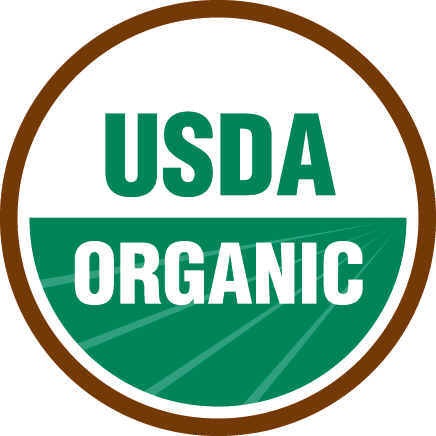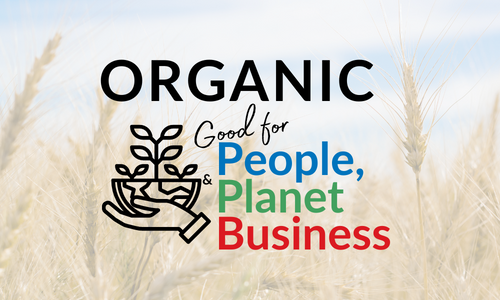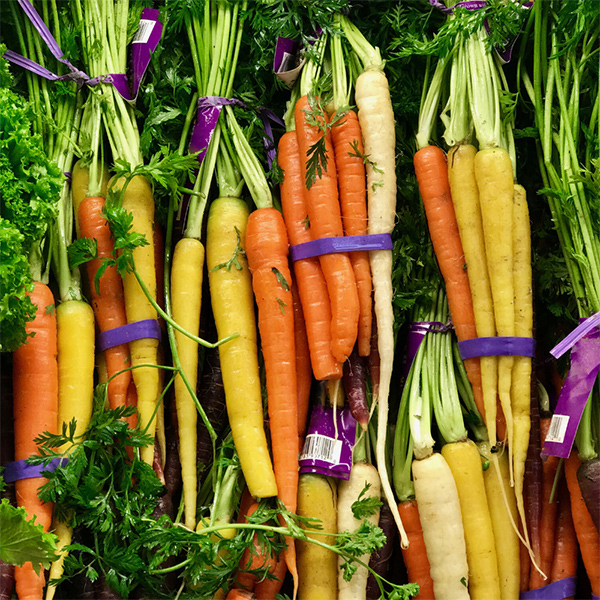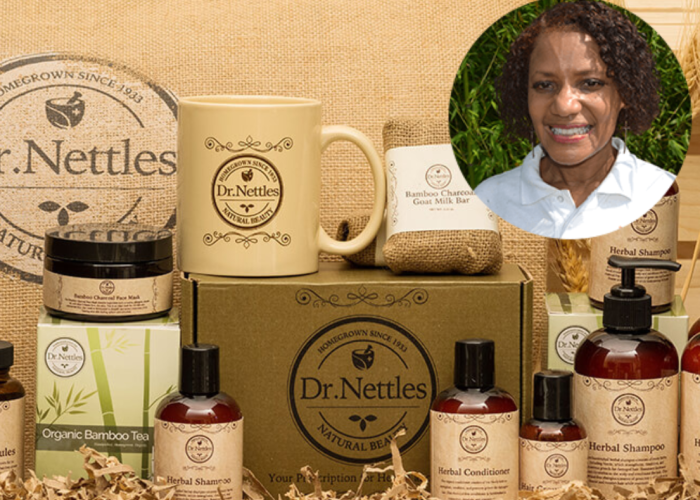 Organic is one of the most heavily regulated and closely monitored food systems in the United States. The U.S. Department of Agriculture’s (USDA) National Organic Program (NOP) is responsible for setting and enforcing strict regulations for organic agricultural products that are either produced in the U.S. or imported for sale in this country and they oversee the accreditation of 3rd party organic certifiers who do the actual work of monitoring compliance and inspections.
Organic is one of the most heavily regulated and closely monitored food systems in the United States. The U.S. Department of Agriculture’s (USDA) National Organic Program (NOP) is responsible for setting and enforcing strict regulations for organic agricultural products that are either produced in the U.S. or imported for sale in this country and they oversee the accreditation of 3rd party organic certifiers who do the actual work of monitoring compliance and inspections.
Generally speaking, any agricultural product labeled with an organic claim must be certified to the USDA organic standards. Further, everyone in the organic supply chain handling an organic product, from farm to retailer, must be certified. A few exceptions have been made for organic farms and businesses with less than $5,000 gross annual organic sales, handling operations that only identify organic ingredients on the information panel and some retail establishments (retailers). Under the organic regulations, retail establishments include restaurants, delicatessens, bakeries, grocery stores, or any retail business with a restaurant, delicatessen, bakery, salad bar, bulk food self-service station, or other eat-in, carry-out, mail-order, or delivery service of raw or processed agricultural products.
As a retail establishment, you may not need to be certified. However, there are a few important situations to be aware of that would require USDA organic certification. In 2023, the NOP announced the Strengthening Organic Enforcement (SOE) rule which added new certification requirements for the organic supply change. Some of these changes have direct implications for retail establishments.
You must get certified if you:
- Represent your store or retail outlet as “certified” organic.
- Display or use the USDA organic seal in such a way that would lead a shopper to believe you are a certified organic retailer.
- You do not have a physical location where you are selling to the end user/consumer. You may have online sales, but you must have a physical location.
- Wish to label, sell or represent the products you process* or repackage as “certified” organic or display the USDA organic seal on processed or repackaged items, even if the products were previously certified organic.
- You are selling organic product to another processor or retail establishment who then sells the product (processed or not) to the end user.
- If you have a distribution center (DC) owned by the retail establishment that handles bulk, non-tamper-evident packaged goods, processes organic product (including, but not limited to, packing online orders using bulk, non-tamper-evident organic goods), and/or has ripening rooms, then the DC needs to be certified.
Although not all retail establishments are required to become certified, they may voluntarily seek certification. See Section 5 to learn more about the benefits of getting certified.
*Processing. Cooking, baking, curing, heating, drying, mixing, grinding, churning, separating, extracting, slaughtering, cutting, fermenting, distilling, eviscerating, preserving, dehydrating, freezing, chilling, or otherwise manufacturing and includes the packaging, canning, jarring, or otherwise enclosing food in a container.










